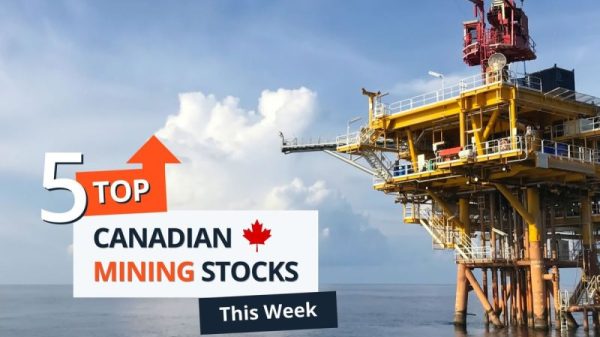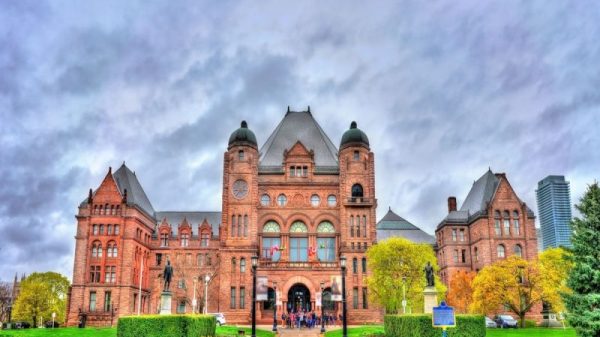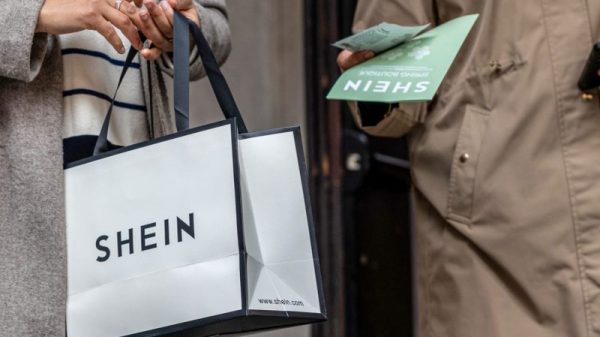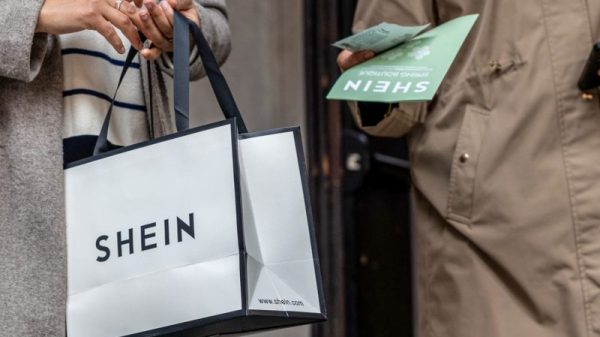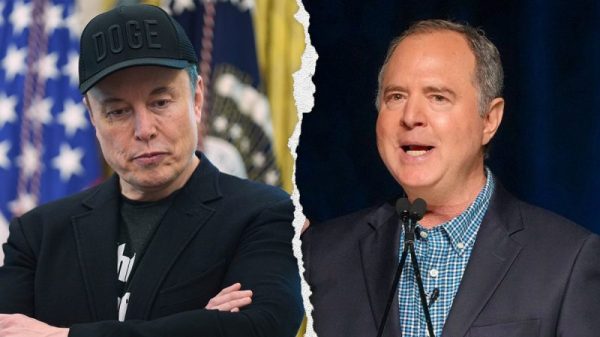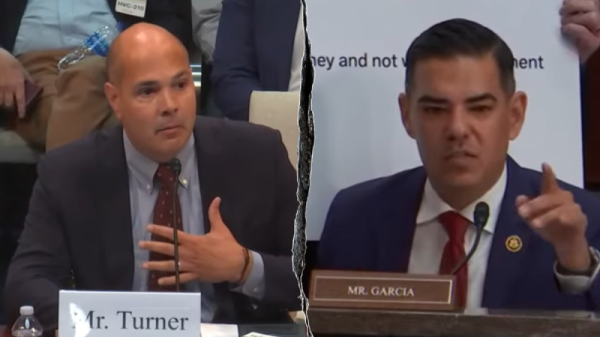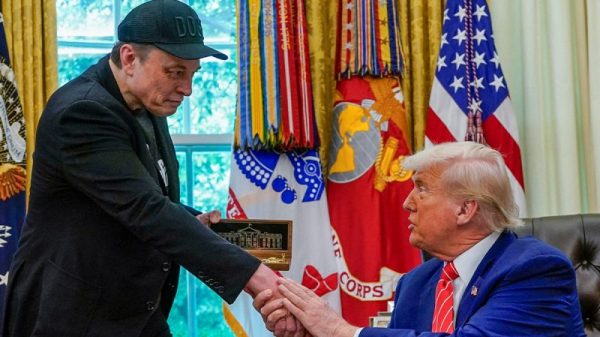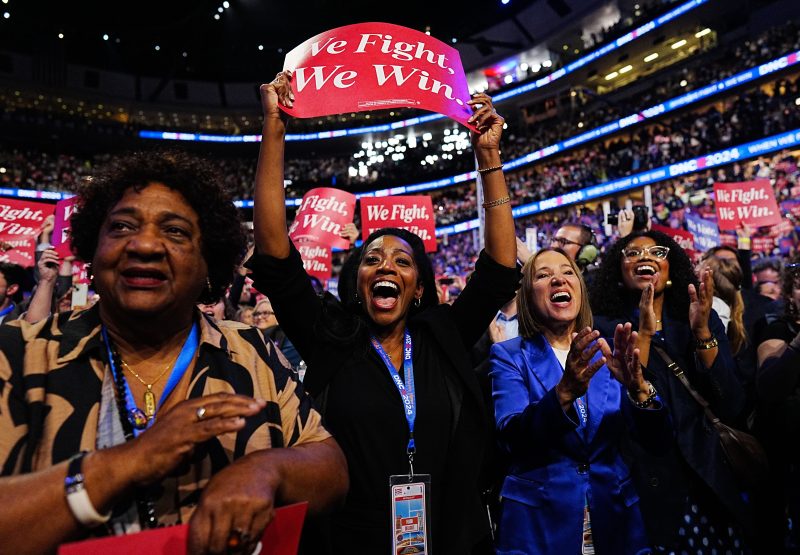Former president Donald Trump’s campaign released a memo Wednesday seeking to spin a deluge of post-debate polls. But while those polls have generally shown Vice President Kamala Harris leading or at least tied, the Trump campaign chose to highlight a single head-to-head poll. It happened to be a rare one showing Trump leading, by three points in Georgia.
“President Trump’s post-debate bounce,” declared the subject line.
Let’s set aside for a moment that this is obvious cherry-picking. Let’s also set aside for the moment that this particular cherry-picked poll — from the Atlanta Journal-Constitution — was partly conducted before the debate even happened.
There was something else interesting in the poll: While Georgia voters preferred Trump by three points in the poll, they predicted by an 11-point margin that Harris would win.
While 48 percent thought Harris would win, just 37 percent said the same of Trump.
This is somewhat unusual. It’s reflected in other polls, which show that voters increasingly think Harris will win. And while this is merely people’s predictions, there is a school of thought that it matters — with some academic research to back that up.
First, the latest data. This is not the only recent poll showing voters — by a significant margin — expect Harris to win.
An AP-NORC poll released Thursday showed voters said by double digits (38-28) that they expect Harris to win. That’s reversed from shortly after her entry into the race in late July, when voters said by double digits (56-42) that Trump would win.
An Economist-YouGov poll released Wednesday showed much the same thing. Voters by double digits (42-32) expected Harris to win, after saying so by just three points in YouGov polling last month and saying by 19 points that Trump would win back in July.
In each poll, we see independents predicting a Harris win by double digits and even a significant number of Republicans sharing that sentiment: 14 percent in the Georgia poll, 13 percent in the Economist-YouGov poll and 10 percent in the AP-NORC poll.
You might be asking yourself: What does the average voter know about who’s going to win? And why do we care?
Well, some research suggests that this is actually a good measure of where things might end up — possibly even a better measure than merely asking people whom they intend to vote for.
The reason is that it involves people accounting for the preferences of the people around them — turning them into “mini-anthropologists,” in the words of longtime Gallup editor in chief Frank Newport — and possibly even hinting at their own hidden or subconscious preferences.
A 2012 paper from economists David Rothschild of Microsoft Research and Justin Wolfers of the University of Michigan actually found that this question was more predictive of election outcomes than polls of voting intent.
Looking at 60 years of state polls that asked such questions, it found that the presidential candidates people expected to win won those states 81 percent of the time, while the polling leaders won 69 percent of the time.
The paper argued that election forecasting once relied more on such predictions and should return to that practice. Rothschild, in a New York Times interview, called it an “amazingly powerful forecast mechanism.”
While it’s difficult to draw too many hard-and-fast conclusions from one study, the evidence since its publication has arguably bolstered the idea that such measures are quite useful.
The 2012 race between then-President Barack Obama and Mitt Romney polled very tight in the closing weeks. But polls at the same time consistently showed Americans by double digits expected Obama to win, which he did.
More recently, President Joe Biden’s four-point popular-vote win in the 2020 election came up well shy of late polls, which showed him leading by an average of more than eight points. But other gauges were more accurate. The University of Southern California Dornsife Daybreak Poll asked people how they thought their social contacts would vote and who they thought would win in their state. Biden led by smaller margins — 3.4 points and 1.5 points, respectively — on those measures.
The same poll questions were also more bullish on Trump in 2016 than other forecasts, before Trump pulled off his shocking win.
It’s worth emphasizing that the new data don’t show majorities predict Harris will win. Many voters don’t offer a prediction. It’s not as it was in 2012, when clear majorities thought Obama would win. But it seems Harris voters are more confident about their candidate’s victory than Trump voters are. And history suggests that’s a data point worth watching.

